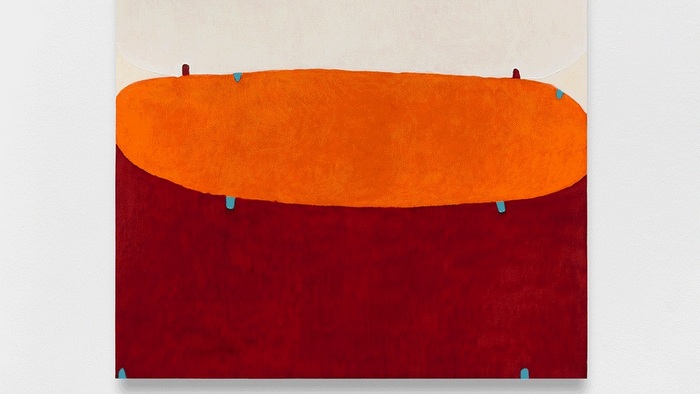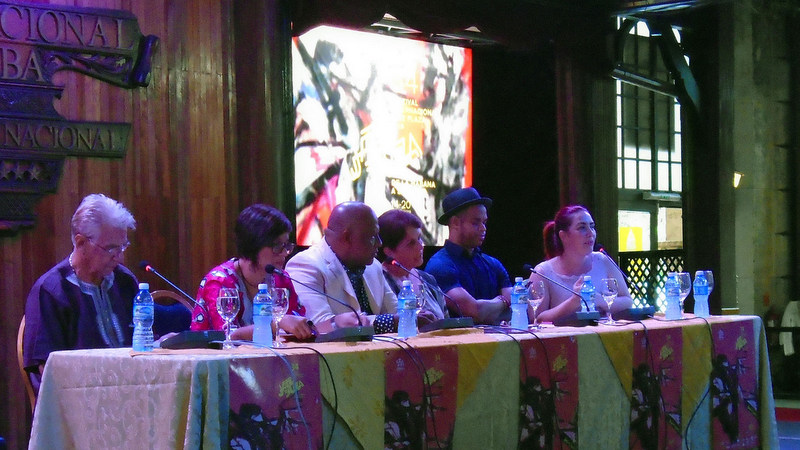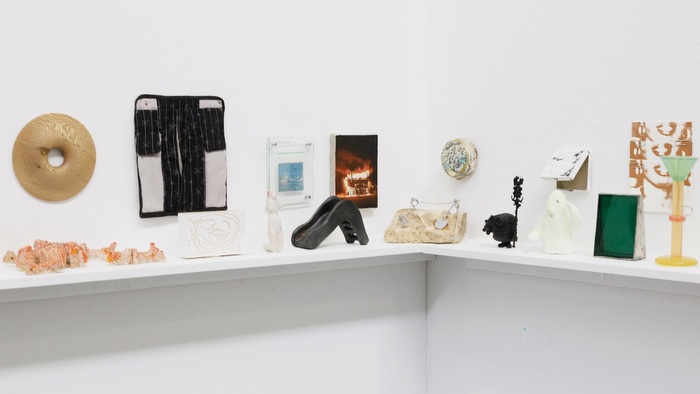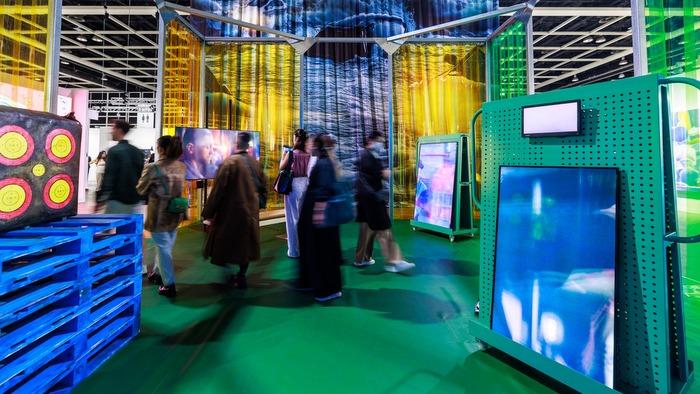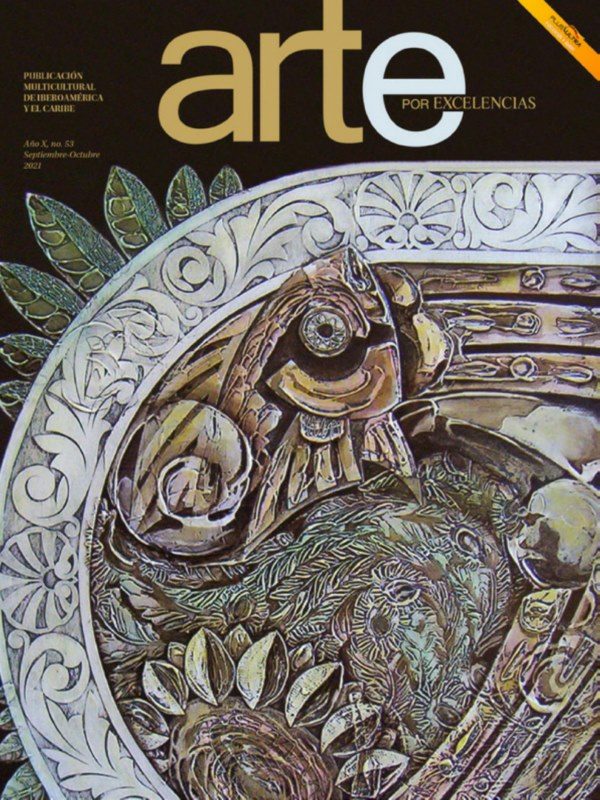Once again, the Cuban capital, this time on its 500th birthday, is preparing to become the capital of world jazz when the 34th edition of the Jazz Plaza International Festival is held between Monday 14 and Sunday 20, with a post in the eastern city of Santiago de Cuba. Some advances of the broad program that for a week will flood dissimilar spaces of both cities were announced at a press conference held at the National Hotel with the presence of Bobby Carcassés, National Music Prize and event architect; Víctor Rodríguez García, director of the National Center of Popular Music and president of the event; Marta Bonet, president of the Cuban Music Institute; Roberto Fonseca, artistic director of the Festival and president of the Santiago de Cuba headquarters; and the musicologist Neris González Bello, who is in charge of the academic program of the International Jazz Convention "Leonardo Acosta in memoriam" in its fourteenth edition.
This year, the list of artists invited to the event includes foreign musicians such as Joss Stone (United Kingdom), Preservation Hall Jazz Band, Arturo O'Farril, Brian Lynch, David Weckl, Leni Stern, and The Common Taters Southern Fonk Band (United States); Néstor Torres (Puerto Rico), Adrián Iaies & Colegiales Trío (Argentina), Dan Barnet Big Band (Australia) Oz Noy (Israel), and Patricia Kraus (Spain), who will join a luxury cast of Cuban musicians.
Master Carcassés, after making an account of the context in which this Festival emerged more than three decades ago, spoke to the audience about the inaugural concert that will lead in the Sala Avellaneda of the National Theater on Wednesday 16, which will be entitled "Afrojazz y Timba Funk ", which will feature Roger Glenn, Yosvany Terry, Dick Griffin (Cuba-United States), Marc Quiñones, Bobby Allende and 8 y Más, and Tony Succar and his Unity project (Puerto Rico). «In Cuba—he concluded— there is an ancestral jazz, because of our roots. The fusion generated a new music: Afro-Cuban jazz, something that transcends history. The numerous presence of great musicians this year confirms that the Island is a guaranteed venue. We will have musicians from all latitudes demonstrating what jazz is, and its significance for the history of music and for world culture. It is a music that never repeats itself and that comes from the depths of the human being».
One of the milestones that will mark the Jazz Plaza 2019 Festival will be the debut of Moshulu Band, a unique project that was born for Cuba, led by Jeff Berlin - one of the great renovators of bass playing techniques - and also integrated by the drummer Dennis Chambers (who has played with Funkadelic, Santana, John Scofield ...), keyboardist and guitarist David Sancious (Sting, Peter Gabriel, Bruce Springsteen ...) and great guitarist Oz Noy, representative of the new generation of New York musicians. Mushulu - name of the boat in which the young Vito Corleone traveled to New York in the second part of the film The Godfather - will have its world debut on Friday the 18th in the Sala Avellaneda of the National Theater.
The closing concert - Sunday 20, Sala Avellaneda - will be a night not to forget, not only because it will be in charge of Maestro Roberto Fonseca and his group Temperamento, but also because he will have as guests, musicians of such different characteristics as the Diva of the Buenavista Social Club Omara Portuondo, Haila María Mompié, Bárbara Yanes, M Alfonso, Ivette Cepeda, María Victoria Rodríguez, La Reina y la Real, Barbarito Torres, Paulo FG and Juan de la Cruz Antomarchi Cotó. «It will be a super concert—says Fonseca—. It sounds crazy, but just what we want is to make a bridge where all the musics are going to get along very well, with respect, because in the end they are the universal language. We are already rehearsing, I am making the arrangements, and I confess that it is a lot of work».
«The work of our jazz players—reads the words welcoming the event— whether in Cuba or abroad, shows that an authentic cultural vision has to go beyond constricting both a narrow nationalism and the Imperial effluvia. They are whims of which we must also flee, in order to metabolize the most dissimilar traditions and, with that, produce a type of musical creation that continues to be Cuban, but conceived from a universal language».
Related Publications
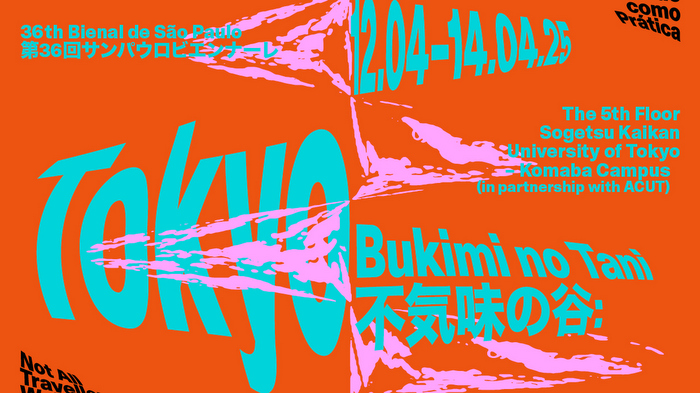
The last Invocation of the 36th Bienal arrives in Tokyo
April 08, 2025